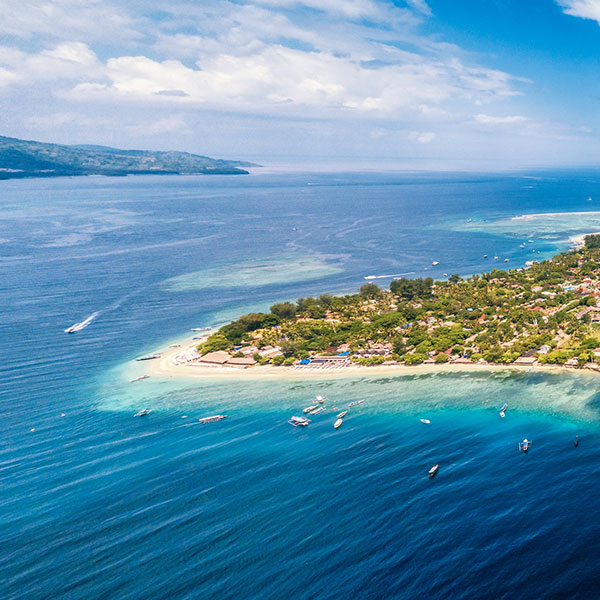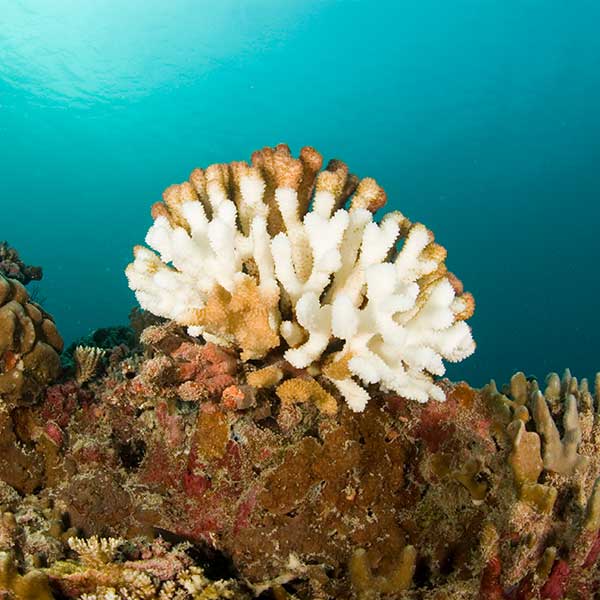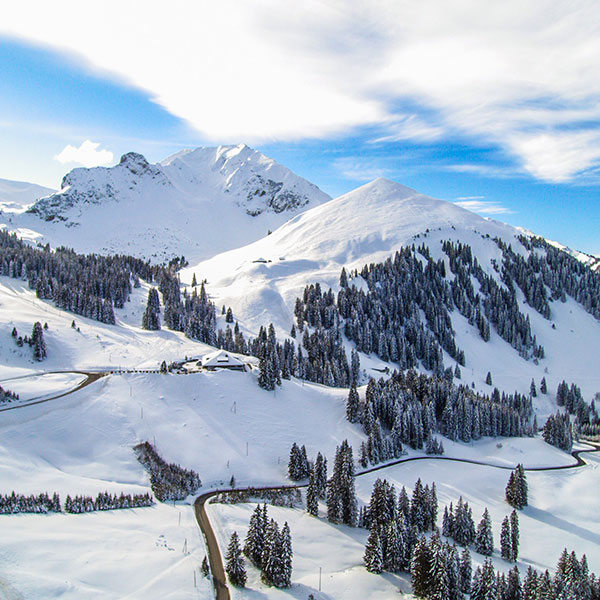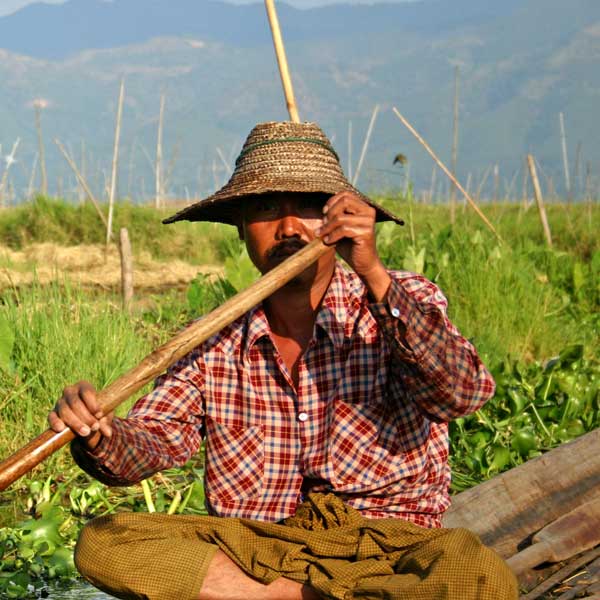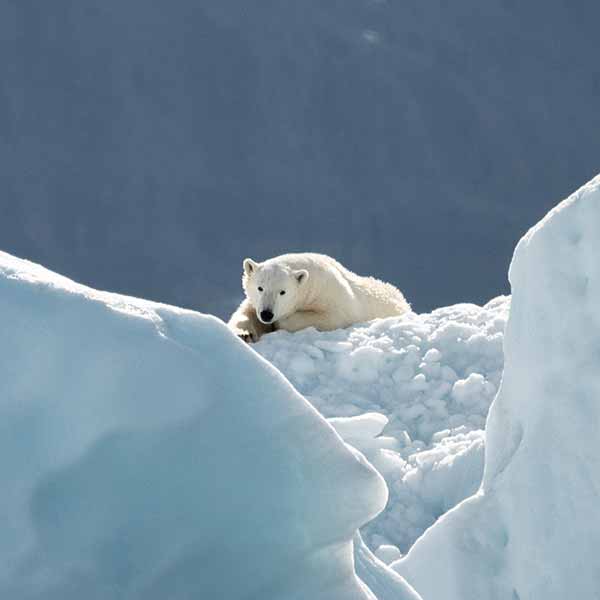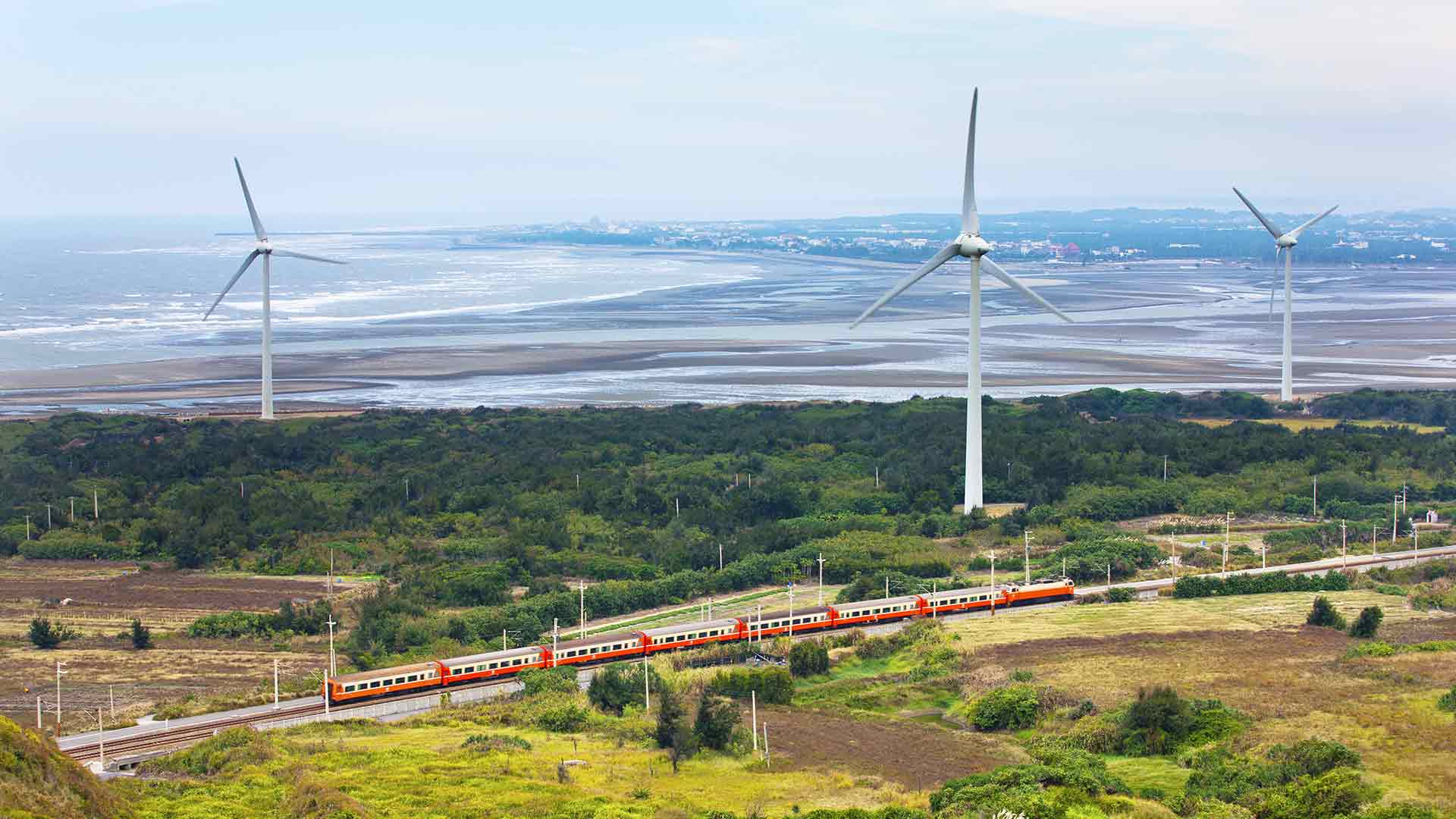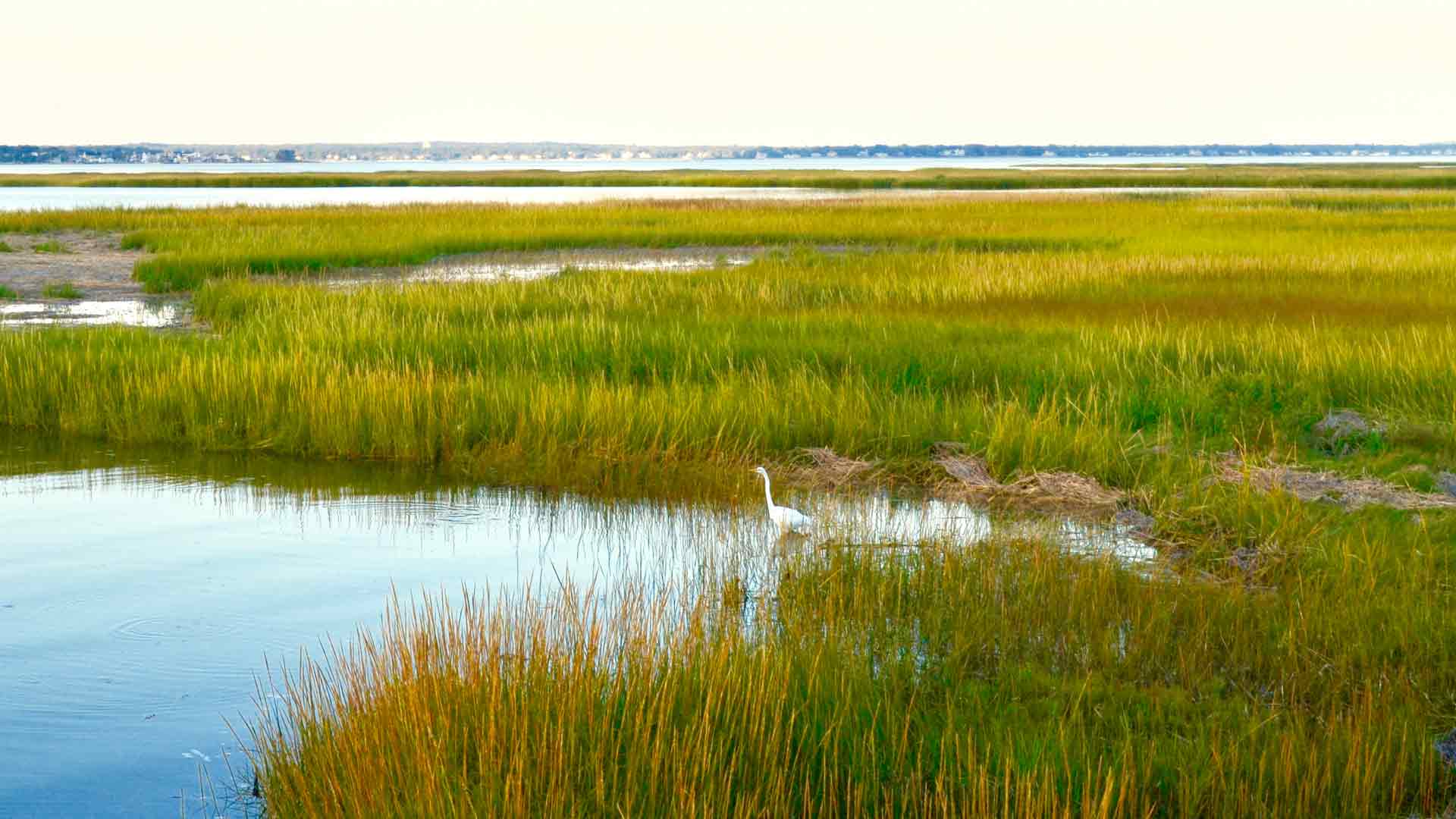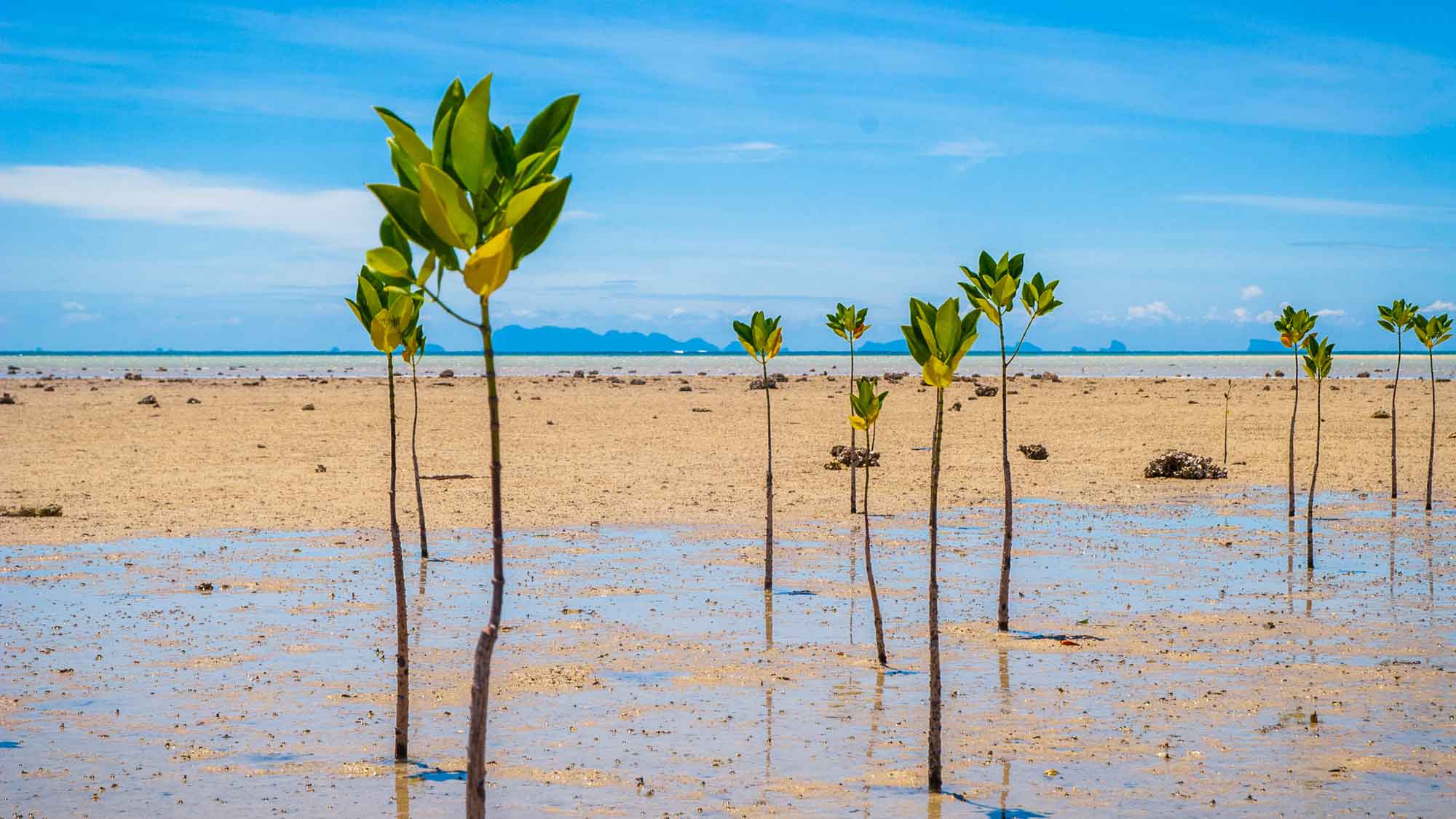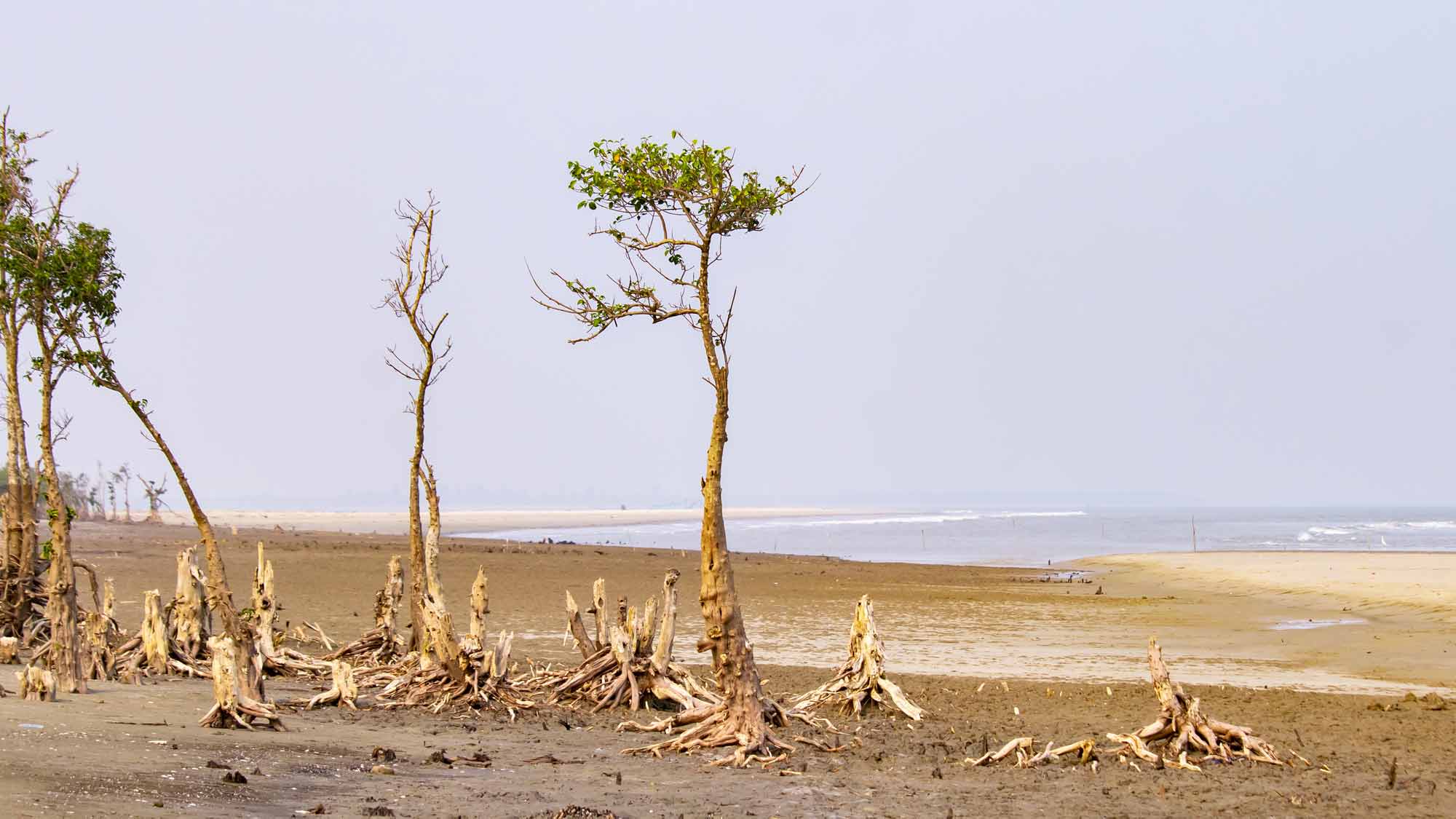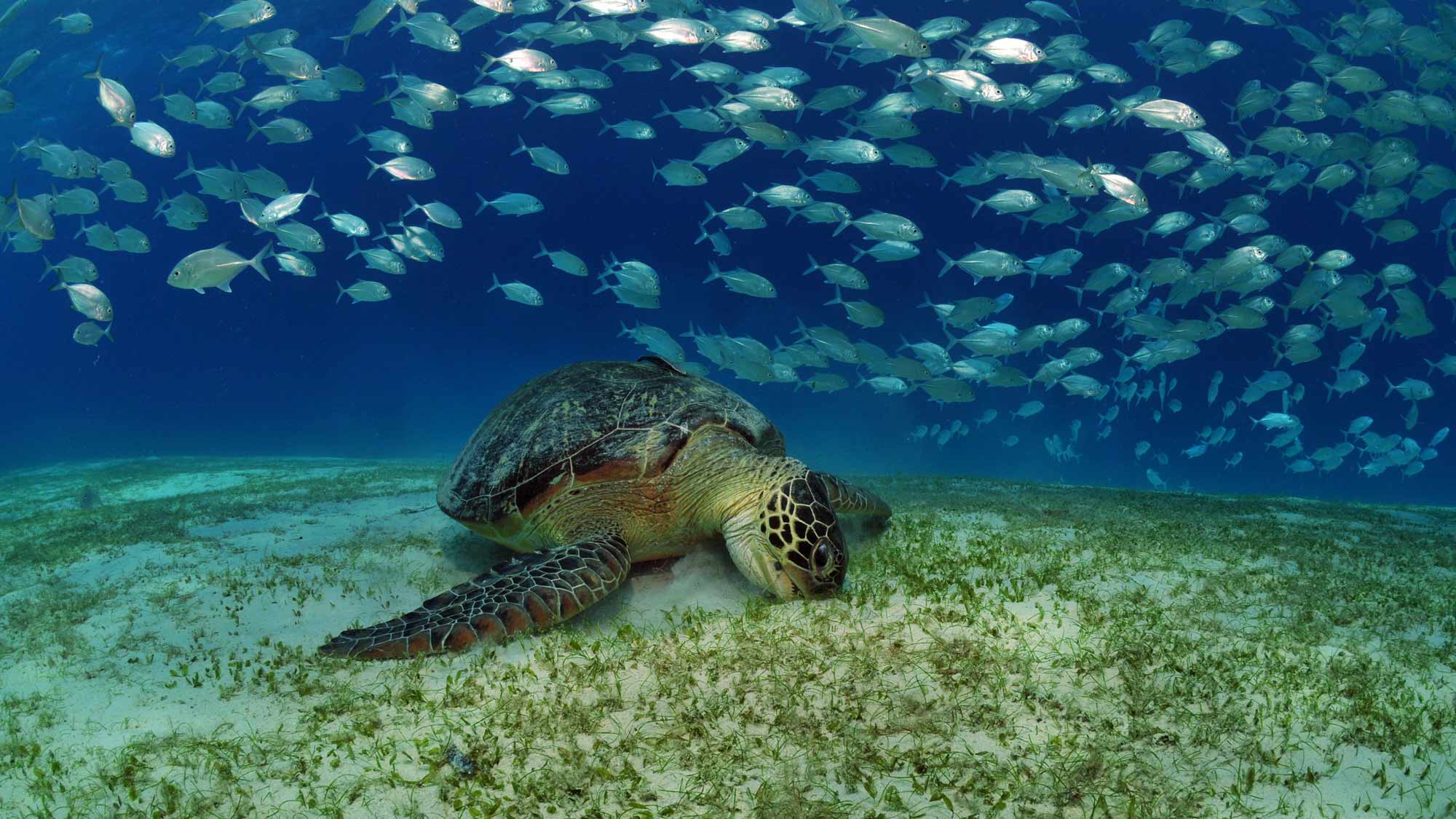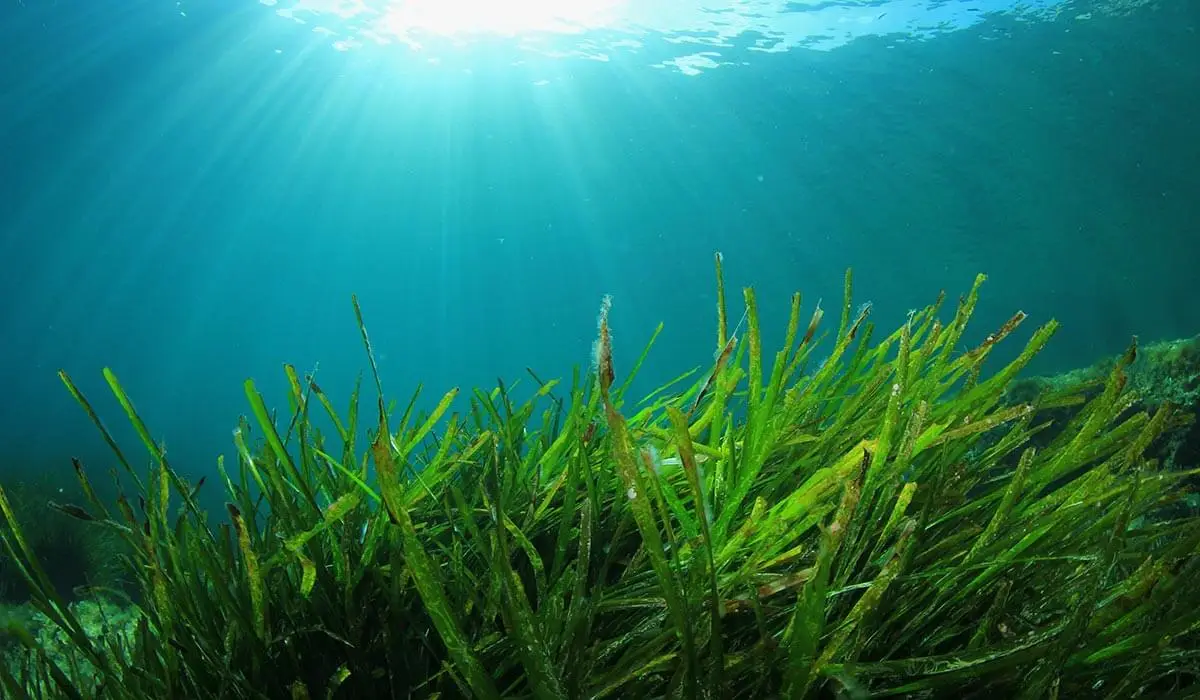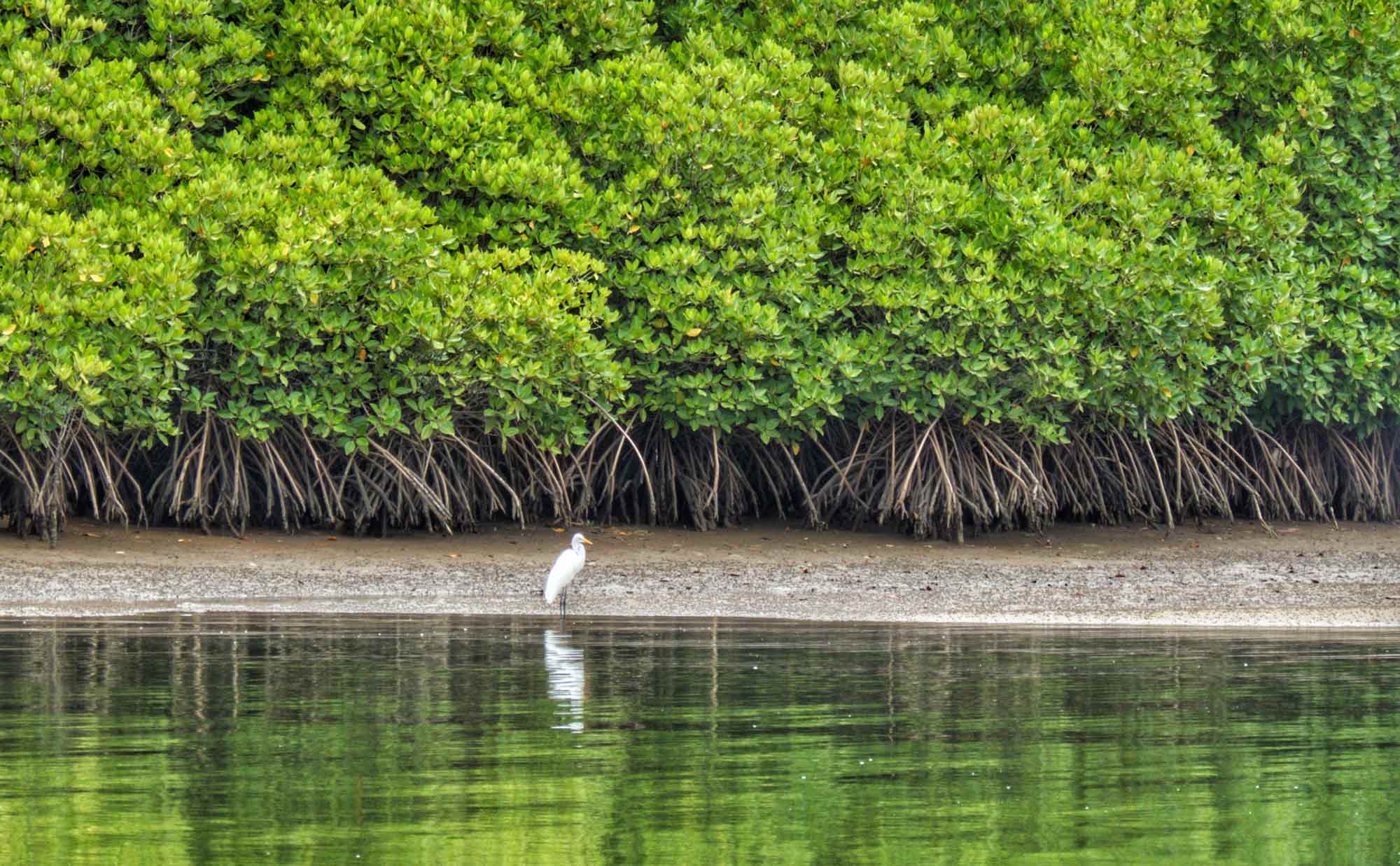COMBAT CLIMATE CHANGE
Combat Climate Change
Reduce tourism’s carbon footprint to address the sector’s contribution to climate change
Climate change threatens all life on the planet, as well as the very destinations that tourism relies on. From lush tropical islands to snowy mountain peaks, your favorite vacation spots could be at risk. As the planet warms, rising sea levels, extreme weather, and increasing temperatures are impacting ecosystems and communities around the world. Beaches are shrinking, coral reefs are bleaching, and alpine resorts are left snowless and dry. If we want to save our planet and protect these special places, it’s up to each and every one of us to reduce our impact.
The Issue
Tourism's Carbon Footprint
Tourism is not just a victim of global warming – it also contributes to the problem. Tourism alone is responsible for 8% of the world’s carbon emissions. As more and more people travel each year, this footprint is only growing.
When we travel, carbon emissions are generated throughout our trips. While flying is the largest source of these emissions, other activities, such as using the AC in hotels or taking a boat ride, produce CO2 as well. Beyond these direct emissions, tourism development can also cause CO2 to be released by degrading ecosystems that act as carbon sinks.
We help travelers and travel businesses take climate action by measuring, mitigating, and reducing their carbon emissions.
What's At Stake
While climate change affects all destinations, certain environments and communities are more vulnerable to its impacts

Small Islands
The small size, isolated location, and coastal geography of islands leaves them especially prone to climate change impacts. Rising sea levels and intense storms are already flooding coastal areas, eroding beaches, and damaging infrastructure. As sea levels continue to rise, some low-lying islands could even become completely submerged underwater. On top of this, climate change is likely to place added stress on islands’ already limited freshwater resources and exacerbate the risk of severe water shortages.

Oceans & Reefs
As climate change causes oceans to become warmer and more acidic, our planet’s coral reefs and marine life are in danger. Coral bleaching, disease, and severe weather are just a few of the impacts threatening to destroy entire reefs, along with the fish and other marine animals that depend on them.

Mountains
Despite their powerful appearance, mountain ecosystems are especially vulnerable to climate change impacts. As temperatures rise, snowfall in the mountains is decreasing. This leads to shorter winter sports seasons and limited freshwater resources for surrounding communities. Climate change also brings on an increased risk of environmental disasters such as drought, flooding, avalanches, and wildfires.

Indigenous Peoples
While climate change impacts all human life, it disproportionately impacts indigenous peoples due to their close relationship with the natural world. Indigenous communities rely heavily on the land and its natural resources for their traditional livelihoods and cultural identities. Although they only make up 5% of the global population, indigenous people occupy a quarter of the earth’s surface and safeguard 80% of the planet’s remaining biodiversity. Because of their deep connection to nature, indigenous communities are extremely susceptible to global warming impacts such as floods, droughts, rising ocean temperatures, and disease. As the environment around them changes it can considerably affect their economic, physical, and cultural well-being.

Polar Regions
Climate change is even being felt at the ends of the earth, where it’s heating up the earth’s icy polar regions. As temperatures rise, sea ice is shrinking, glaciers are retreating, and permafrost is thawing. In fact, the Arctic is warming twice as fast as the rest of the planet and is expected to become ice-free during the summer months before mid-century. As warming temperatures alter the landscape of these frozen environments, animals that depend on ice for their survival will struggle to adapt. As their habitats disappear, species such as polar bears, penguins, and walruses will face an uncertain future and could even go extinct.
-
Small Islands
The small size, isolated location, and coastal geography of islands leaves them especially prone to climate change impacts. Rising sea levels and intense storms are already flooding coastal areas, eroding beaches, and damaging infrastructure. As sea levels continue to rise, some low-lying islands could even become completely submerged underwater. On top of this, climate change is likely to place added stress on islands’ already limited freshwater resources and exacerbate the risk of severe water shortages. -
Oceans & Reefs
As climate change causes oceans to become warmer and more acidic, our planet’s coral reefs and marine life are in danger. Coral bleaching, disease, and severe weather are just a few of the impacts threatening to destroy entire reefs, along with the fish and other marine animals that depend on them. -
Mountains
Despite their powerful appearance, mountain ecosystems are especially vulnerable to climate change impacts. As temperatures rise, snowfall in the mountains is decreasing. This leads to shorter winter sports seasons and limited freshwater resources for surrounding communities. Climate change also brings on an increased risk of environmental disasters such as drought, flooding, avalanches, and wildfires. -
Indigenous Peoples
While climate change impacts all human life, it disproportionately impacts indigenous peoples due to their close relationship with the natural world. Indigenous communities rely heavily on the land and its natural resources for their traditional livelihoods and cultural identities. Although they only make up 5% of the global population, indigenous people occupy a quarter of the earth’s surface and safeguard 80% of the planet’s remaining biodiversity. Because of their deep connection to nature, indigenous communities are extremely susceptible to global warming impacts such as floods, droughts, rising ocean temperatures, and disease. As the environment around them changes it can considerably affect their economic, physical, and cultural well-being. -
Polar Regions
Climate change is even being felt at the ends of the earth, where it’s heating up the earth’s icy polar regions. As temperatures rise, sea ice is shrinking, glaciers are retreating, and permafrost is thawing. In fact, the Arctic is warming twice as fast as the rest of the planet and is expected to become ice-free during the summer months before mid-century. As warming temperatures alter the landscape of these frozen environments, animals that depend on ice for their survival will struggle to adapt. As their habitats disappear, species such as polar bears, penguins, and walruses will face an uncertain future and could even go extinct.
What We're Doing

Carbon Footprint Measurement
We help individuals and organizations quantify their travel or business emissions.

Climate Awareness
We help travelers and tourism businesses understand how their activities contribute to climate change impacts.

Carbon Reduction
We help travelers and tourism businesses adopt responsible practices that lower the amount of CO2 they produce.

Carbon Offsets
Our carbon offset projects remove or avoid emissions by conserving natural ecosystems and facilitating clean, efficient energy use.
Did You Know?
Air travel emissions increased by 32% in recent years
If emissions continue to grow, sea levels could rise by up to 3.6 feet by 2100
Severe coral bleaching is now happening 5x more frequently than in past decades
Alpine resorts could lose up to 70% of their snow cover by the end of the century
News & Stories
Take Climate Action

Calculate & Offset Carbon
Calculate and offset your travel emissions via our online carbon footprint calculator.

Climate-Friendly Travel
Follows these tips to reduce the carbon footprint of your next trip.

Go Carbon Neutral
We can help you measure, reduce and offset your emissions, on your journey to carbon neutrality.
Stay Connected
Join our mailing list to receive email updates about our work and learn how you can make
a difference!

